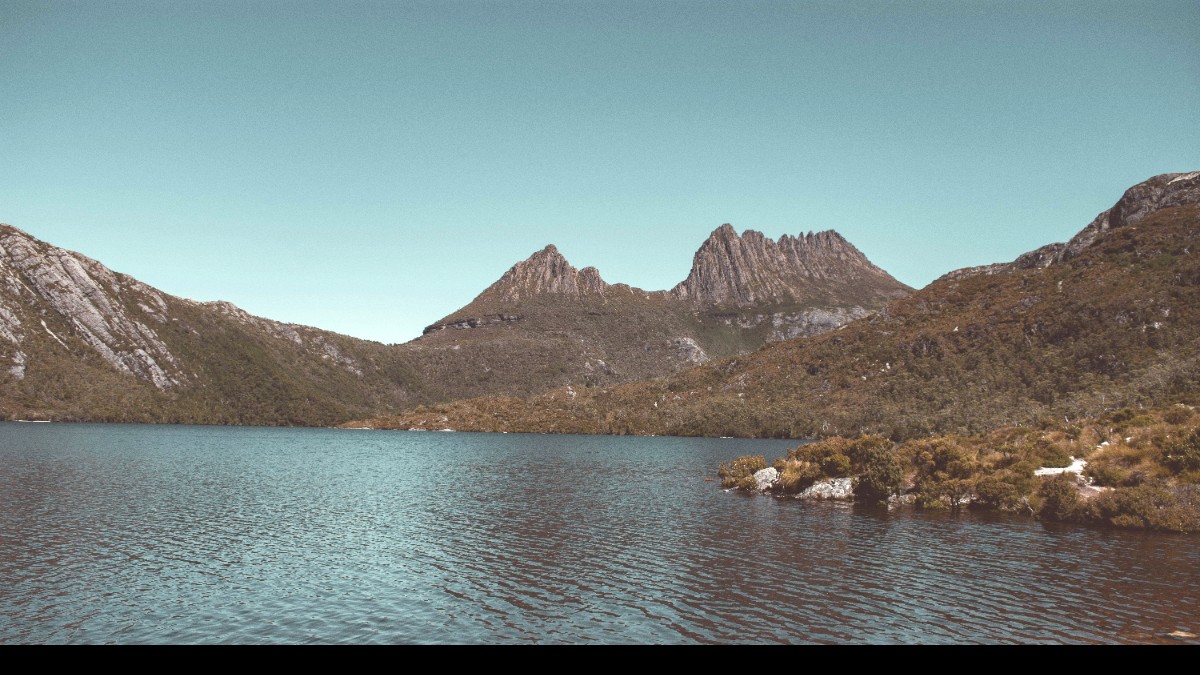
Tasmania, Australia
The local currency is the Australian Dollar (AUD, A$). Major credit cards (Visa, MasterCard, American Express) are widely accepted, especially in tourist areas and larger establishments.
ATMs are available at the Cradle Mountain Visitor Centre and various accommodation lodges. Carry some cash for smaller purchases or remote areas.
Prices for lodging and dining vary significantly.
Camping/Basic Hut: A$20-A$60; Mid-range Hotel: A$150-A$300; Luxury Lodge: A$400-A$1000+. Breakfast: A$15-A$25; Lunch: A$20-A$35; Dinner: A$40-A$70 (mid-range).
Delayed or canceled flights
Up to €600 for eligible flight disruptions.
Services like AirHelp can assist with claims.
For adventurous journeys
Consider policies from World Nomads or SafetyWing.
For US visitors, Insubuy offers medical/travel coverage.
Find affordable airfares
Services like Dollar Flight Club find discounted flights.
Compare options on Skyscanner for best rates.
Bring food supplies from larger towns like Launceston or Devonport, as park options are limited and expensive. Consider camping at Discovery Parks Cradle Mountain for budget-friendly stays.
If visiting multiple Tasmanian national parks, purchase the Holiday Pass for better value. Utilize the park shuttle, included with your pass, for efficient access to trailheads, saving on fuel and parking.
Cook your own meals to reduce dining expenses.
Stay at campgrounds for lower accommodation costs.
A multi-park pass offers savings if you explore beyond Cradle Mountain.
Visiting during shoulder or low season can lead to lower rates.
Use the free shuttle to avoid parking fees and fuel costs within the park.
No specific vaccinations are required for entry to Australia from most countries. Routine vaccinations should be current.
Limited medical facilities at Cradle Mountain. Nearest hospitals are in Sheffield, Devonport, or Launceston.
Keep these numbers accessible.
Careful packing helps you adapt to Cradle Mountain's varied weather and terrain. Layering is .
Moisture-wicking material (merino wool or synthetic). Avoid cotton. Explore options on Amazon.
Fleece or lightweight down for insulation. Search for "fleece jacket" on Amazon.
A Waterproof and windproof jacket and pants are required year-round. Find Rain jackets on Amazon.
Waterproof, ankle-supporting hiking boots with good grip are required for most trails.
Trails can be muddy, rocky, and uneven. Bring a Warm hat and Gloves even in summer for higher elevations.
Choose wool or synthetic Hiking socks to prevent blisters.
Find Sturdy hiking boots on Amazon. For comfortable travel bags, visit Nordace.
Australia uses 230V, 50Hz, Type I plugs. A Travel adapter is needed. Explore Power adapter options on Amazon.
Purchase a local SIM card (Telstra has best regional coverage). Mobile reception is limited within the park. Consider Airalo for eSIMs. Use VPNs like NordVPN or ExpressVPN for secure browsing.
Bring a good camera, extra batteries (cold drains them), a Tripod, and a Waterproof camera bag. Pack Portable chargers. Explore B&H Photo for gear.
Keep digital and physical copies of all critical documents.
A tailored First aid kit is highly useful for hiking.
Prescription medications (enough for trip + extra), pain relievers, antihistamines, Anti-diarrhea medication, cold remedies.
Insect repellent, Sunscreen (SPF 30+), Lip balm with SPF, water purification options (Tablets, Filter).
Bring specific brands of toiletries or contact lens solution if needed, as these might be harder to find in the park area.